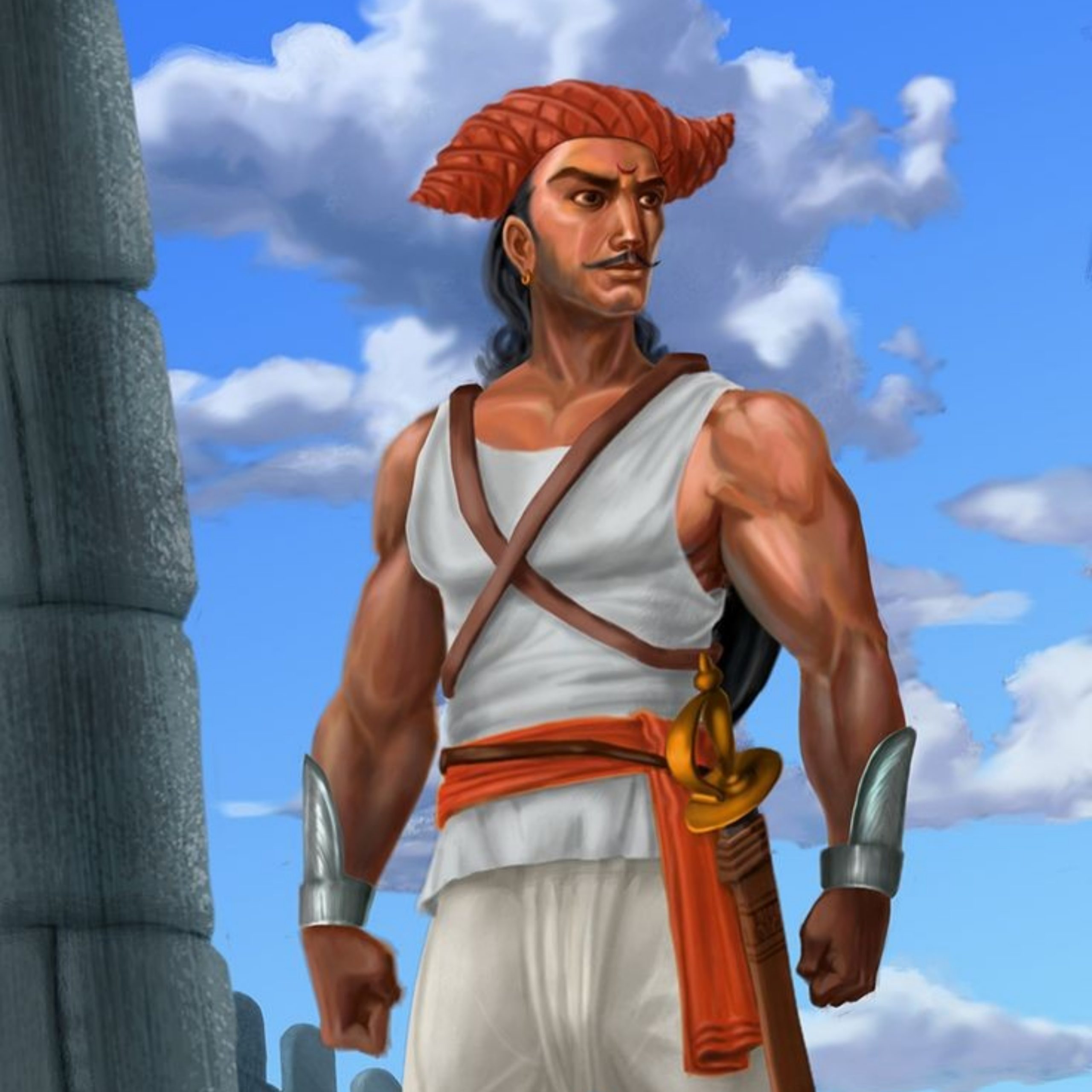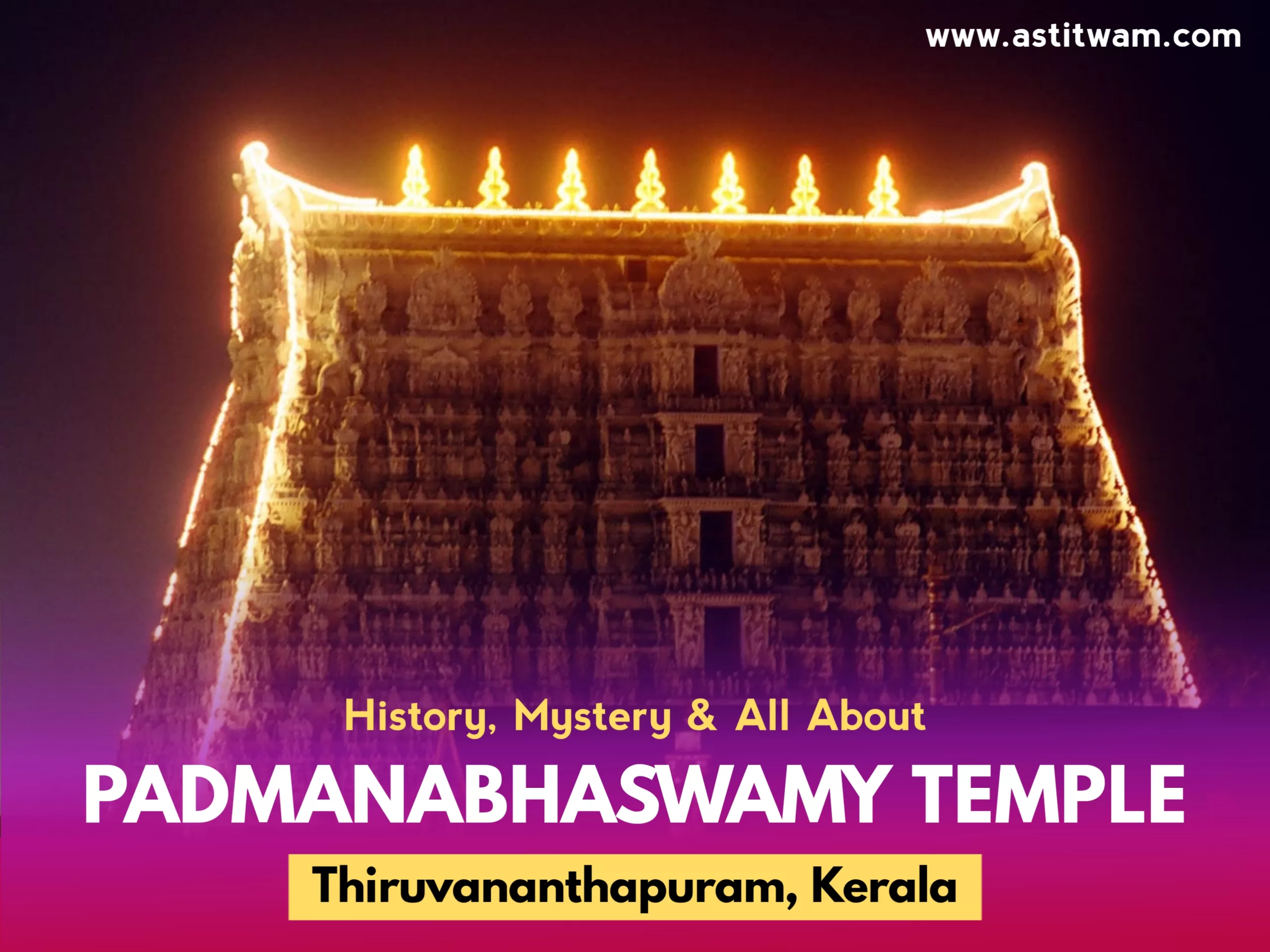The Remarkable Journey of Wagh Bakri Tea: From Discrimination to Dominance

Table of Contents
Introduction
In the year 1892, on a sprawling 500-acre tea farm in South Africa, Narandas Desai embarked on a journey that would transcend borders and defy adversity. Little did he know that his path would be marked by racial discrimination, unity, transformation, and ultimate success. This is the story of Wagh Bakri Tea, a company that symbolizes the resilience and spirit of entrepreneurship.
1. Planting the Seeds of Unity
Narandas Desai, with a heavy heart, left his tea farm in South Africa due to the growing racial discrimination. He arrived in India armed with nothing but a certificate from the Father of our nation, Mahatma Gandhi. With this certificate, he sowed the seeds of unity and hope by starting a tea company called “Wagh Bakri.” The name, with “Wagh” representing the British and “Bakri” symbolizing the Indians, encapsulated the idea that both could share a common cup of tea.
2. From Humble Beginnings to Market Dominance
By 1939, Wagh Bakri had transformed into “Gujarat’s Tea Depot” and achieved an astonishing 50% market share. This was a testament to the company’s commitment to quality and unity in a time when the world was grappling with the chaos of war.
3. Facing the Challenge of Modernization
However, as the 1980s approached, the market for loose teas began to dwindle. New players like Hindustan Unilever’s Brooke Bond and Tata’s Tetley had created a burgeoning market for packaged teas. Wagh Bakri, with its rich legacy, stood at a crossroads.
4. The Turning Point
It was during the challenging times of the Gujarat riots that Wagh Bakri found an opportunity for transformation. People could no longer rely on local retail shops for tea, and Wagh Bakri filled this gap. The company later expanded its reach to Rajasthan and then Madhya Pradesh. Slow and steady growth paid off, and by 2009, they had secured a 2% market share.
5. The Fourth-Generation Visionary
With the need to expand beyond Indian borders, Parag Desai, the fourth-generation torchbearer of Wagh Bakri, took the reins. As a tea taster, he understood the nuances of flavors and successfully introduced Wagh Bakri to the international market. The company began exporting its teas to over 60 countries, challenging giants like Hindustan Unilever and Tata.
6. Reviving the Roots
Parag recognized the importance of retaining a strong domestic presence while conquering international markets. He strategically increased the number of distributors regionally, ensuring that Wagh Bakri was accessible in 24 states across India. Additionally, he diversified the product range to include Green Teas, Instant Teas, and Coffee premixes.
7. Capturing the Youth
To connect with the younger generation, Parag launched Wagh Express tea lounges, providing them with a space to enjoy their teas in a café-style setting. The iconic advertisement, “Wagh Bakri Chai jo rishte banaye,” was a masterstroke, created with just 10% of the total budget. The rest, as they say, is history.
8. The Modern Triumph
Today, Wagh Bakri boasts a turnover of over 2,000 crores and sold more than 50 million kilograms of tea last year. It stands as the third-largest player in its segment, with an impressive 10% market share. The journey from racial discrimination to market dominance is a testament to the indomitable spirit and vision of Narandas Desai and his successors.
Conclusion
The story of Wagh Bakri Tea is not just a tale of a company but a saga of unity, transformation, and success. From its humble beginnings, it has grown into a global brand, showcasing the power of perseverance and vision. This article pays tribute to Parag Desai, who lost his life in an attack by street dogs and whose leadership and innovation have been instrumental in shaping Wagh Bakri’s extraordinary journey.
Unique FAQs
1. What is the significance of the name “Wagh Bakri”?
- The name “Wagh” represents the British, while “Bakri” symbolizes the Indians. It signifies the idea of both communities sharing a common cup of tea, promoting unity.
2. How did Wagh Bakri overcome the decline in loose tea sales in the 1980s?
- The company transformed its business by entering the packaged tea market during the Gujarat riots, filling the void left by local retail shops.
3. Who led Wagh Bakri into the international market?
- The fourth-generation leader, Parag Desai, was instrumental in expanding Wagh Bakri’s presence in over 60 countries.
4. What was the key to Wagh Bakri’s success in capturing the Indian market?
- The company increased the number of regional distributors and diversified its product range, making it accessible in 24 Indian states.
5. How has Wagh Bakri remained relevant to the younger generation?
- Wagh Bakri introduced Wagh Express tea lounges and created a memorable advertisement to appeal to the youth, connecting them to the brand’s rich heritage.




